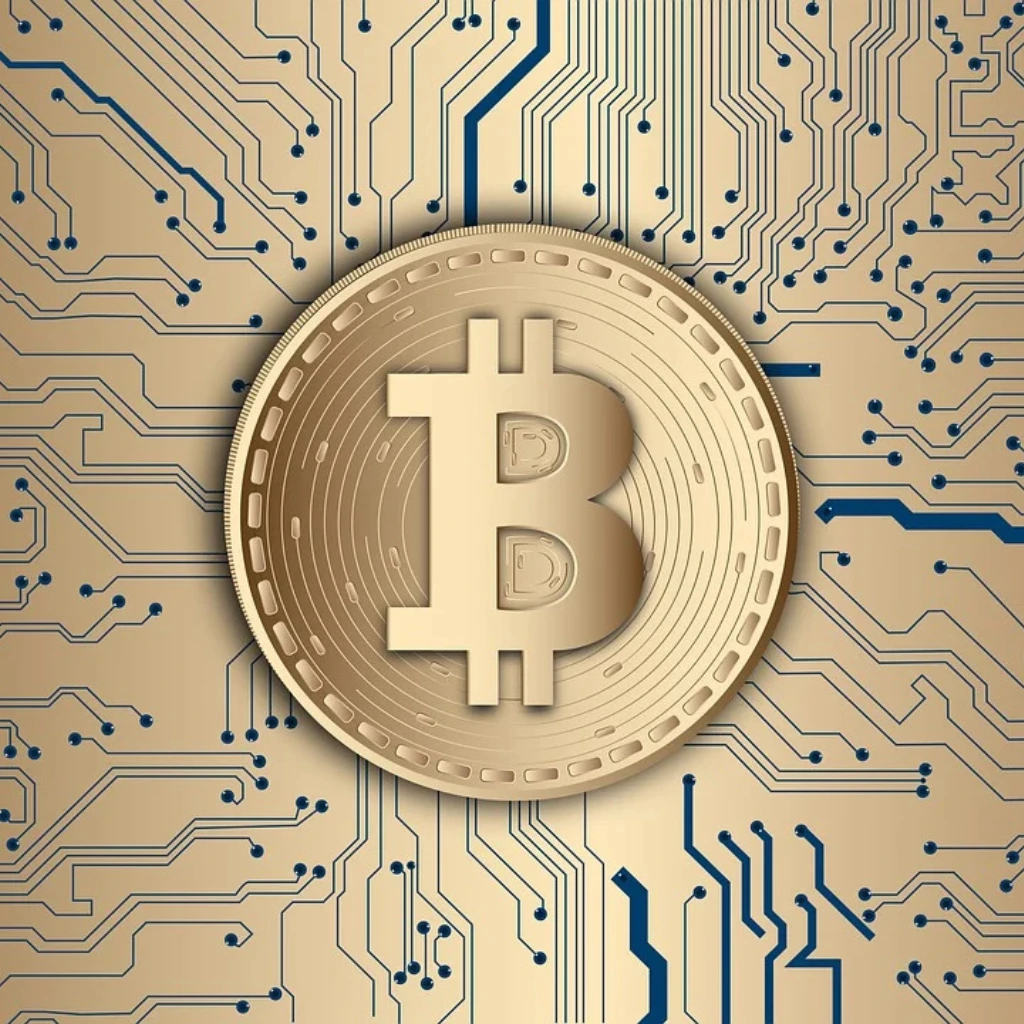What Are Tokenized Real World Asset — and Why Are Regulators Paying Attention?
Tokenized real world asset (RWA) are physical or tangible assets—like real estate, gold, or art—that have been digitized and represented as tokens on a blockchain. These tokens signify ownership or a stake in a real object, and in theory, can be traded just like stocks or crypto.
The concept isn’t just fascinating for technologists and investors—it’s become a point of intense focus for regulators, lawyers, and policymakers. As the tokenization trend grows, questions about legal classification, investor protection, and cross-border compliance become more urgent.
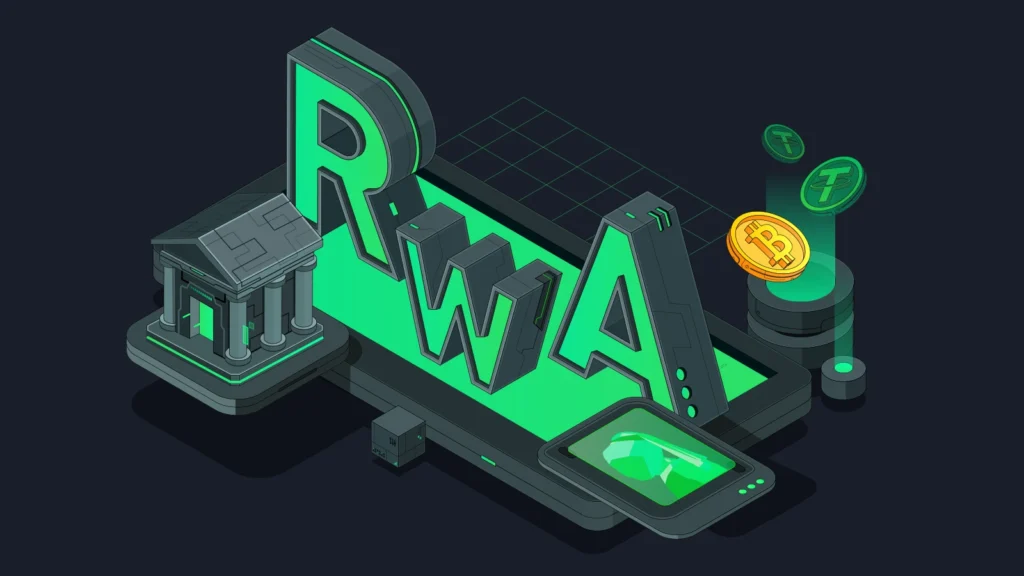
How Tokenized Real World Asset Work (Legally Speaking)
Here’s the simple version: let’s say you own a $500,000 apartment. Instead of selling the whole property, you can “tokenize” it—dividing ownership into 100,000 tokens. These tokens live on a blockchain, and individuals can buy fractions of the asset, much like buying shares in a company.
Sounds innovative—but legally? That’s where it gets tricky.
In many jurisdictions, tokenized assets can fall under securities laws, meaning issuers may need to comply with strict rules around disclosure, custody, and investor eligibility. Others may categorize certain tokenized assets as commodities or even collective investment schemes. And in some countries, there are no clear laws at all.
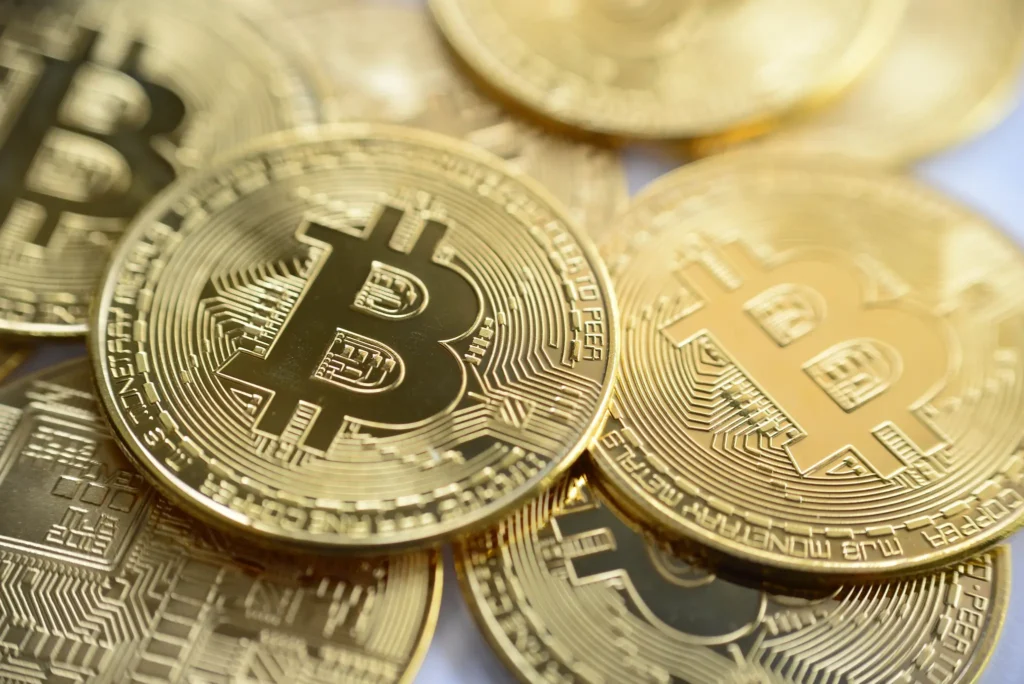
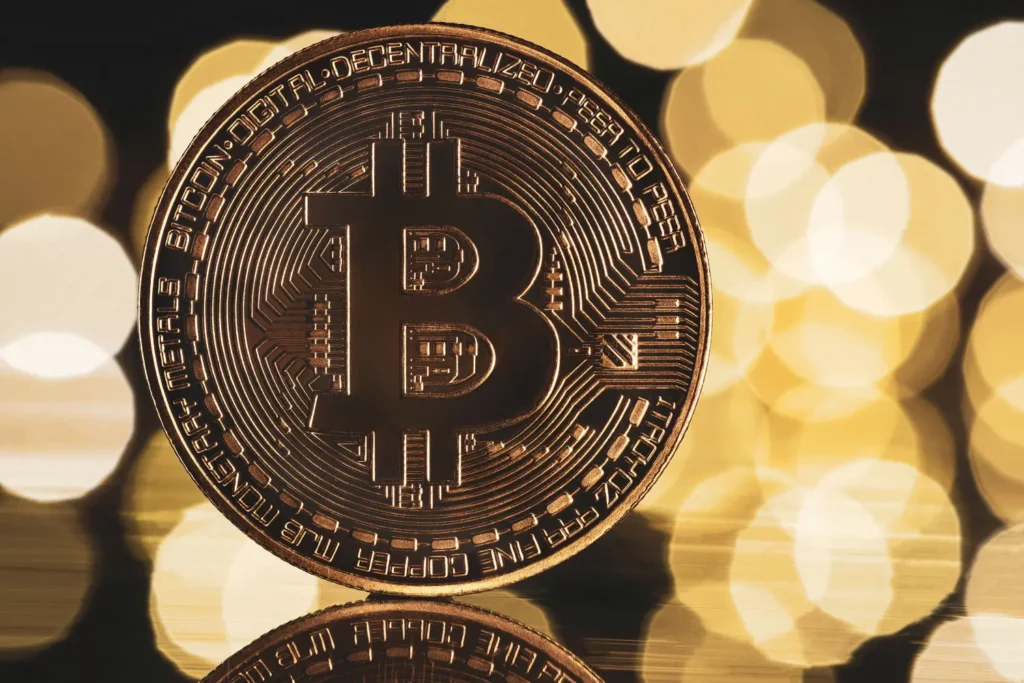
The Regulatory Upside — and Gaps of Tokenized Real World Asset
Tokenizing real world assets promises transparency, fractional access, and improved liquidity. But that only holds water if legal safeguards are in place.
What’s Good:
- Transparency: Transactions on-chain are traceable and immutable.
- Access: Tokenization can allow small investors to own fractions of high-value assets.
- Compliance Tools: Some platforms are integrating identity checks (KYC/AML) and investor restrictions at the smart contract level.
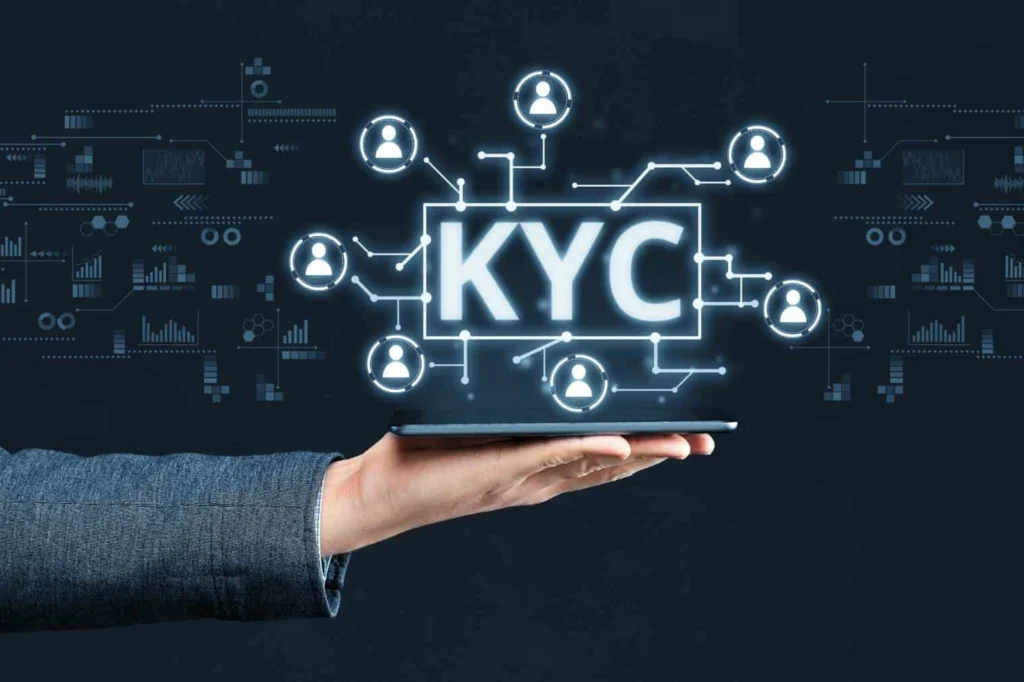
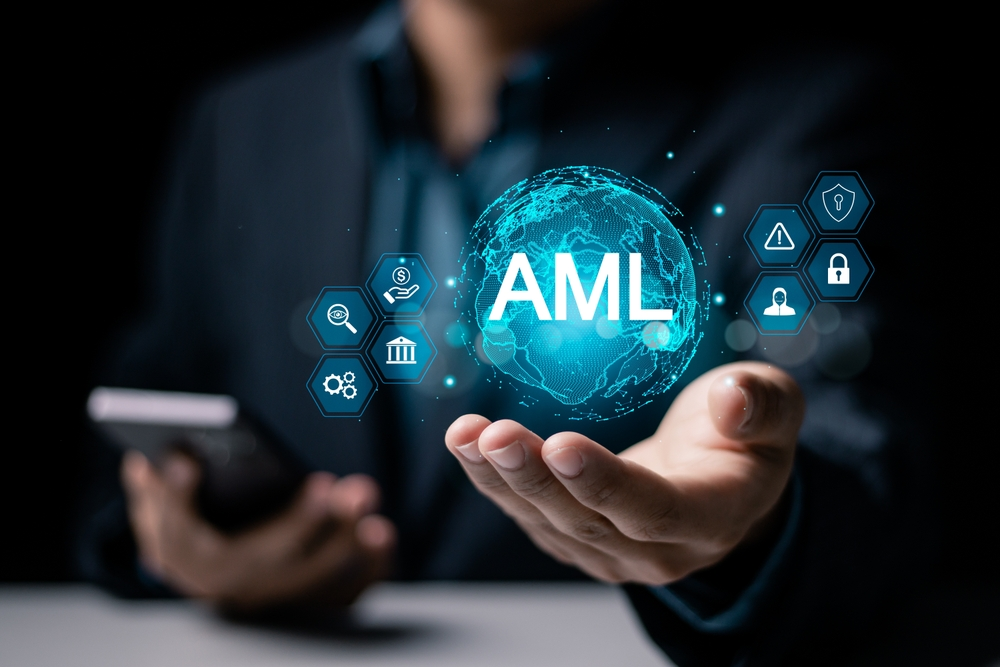
What’s Unclear:
- Jurisdiction: If tokens are bought in Country A but backed by an asset in Country B, whose laws apply?
- Custody: Who holds the underlying physical asset? Is there a legal link between token holders and the asset?
- Licensing: Should token platforms register as brokers, exchanges, or custodians?
Can All Assets Be Tokenized from a Legal View?
In theory, yes. Legally? Not always.
Easier to Regulate:
- Real Estate: Existing frameworks for real estate investment trusts (REITs) provide a model.
- Commodities: Gold and precious metals often have regulatory precedents.
- Art: With proper appraisal and provenance tracking, some jurisdictions permit securitization.
More Complex:
- Collectibles & IP: Tokenizing wine, cars, or music royalties raises intellectual property and valuation questions.
- Perishables or Fluid Ownership: Legal standards for ownership and transferability are often lacking.


Tokenized Assets vs. Traditional Investing — Through a Legal Lens
Traditional investing has decades of legal precedent and oversight. Tokenized investing, while faster and more flexible, is still building that foundation.
For example:
- In traditional real estate deals, title transfers are registered with government authorities.
- With tokenized real estate, how do you legally verify a token truly represents legal ownership of the underlying property?

Lack of clarity here can create legal headaches—not just for issuers, but for investors holding what may turn out to be unenforceable rights.
The Global Landscape: Who’s Leading on Regulation?
Some jurisdictions are moving fast:
- Singapore: Leading with Project Guardian and clear sandbox frameworks for digital asset experimentation.
- United Arab Emirates: Creating tokenized bond platforms with regulatory oversight.
- Switzerland: Recognizes asset tokens under existing securities law, with clear classifications.
Meanwhile, the U.S. and EU are catching up—slowly. The SEC in the U.S. has signaled that most asset tokens may qualify as securities, but offers little clarity on token-specific frameworks. The EU’s MiCA regulation, while progressive, still doesn’t address all tokenized RWA use cases.
Final Thoughts: The Tokenization Boom Needs Legal Backbone
Tokenized real world assets may change how we invest—but without regulatory infrastructure, they risk becoming the next unregulated frontier. Clarity around licensing, custody, and investor rights is not just a formality—it’s foundational.
Whether you’re a fintech founder or a cautious investor, understanding the legal frameworks developing around real world asset tokenization isn’t optional. The future of investing might be digital—but it must also be lawful.
Relevant Link : Here

